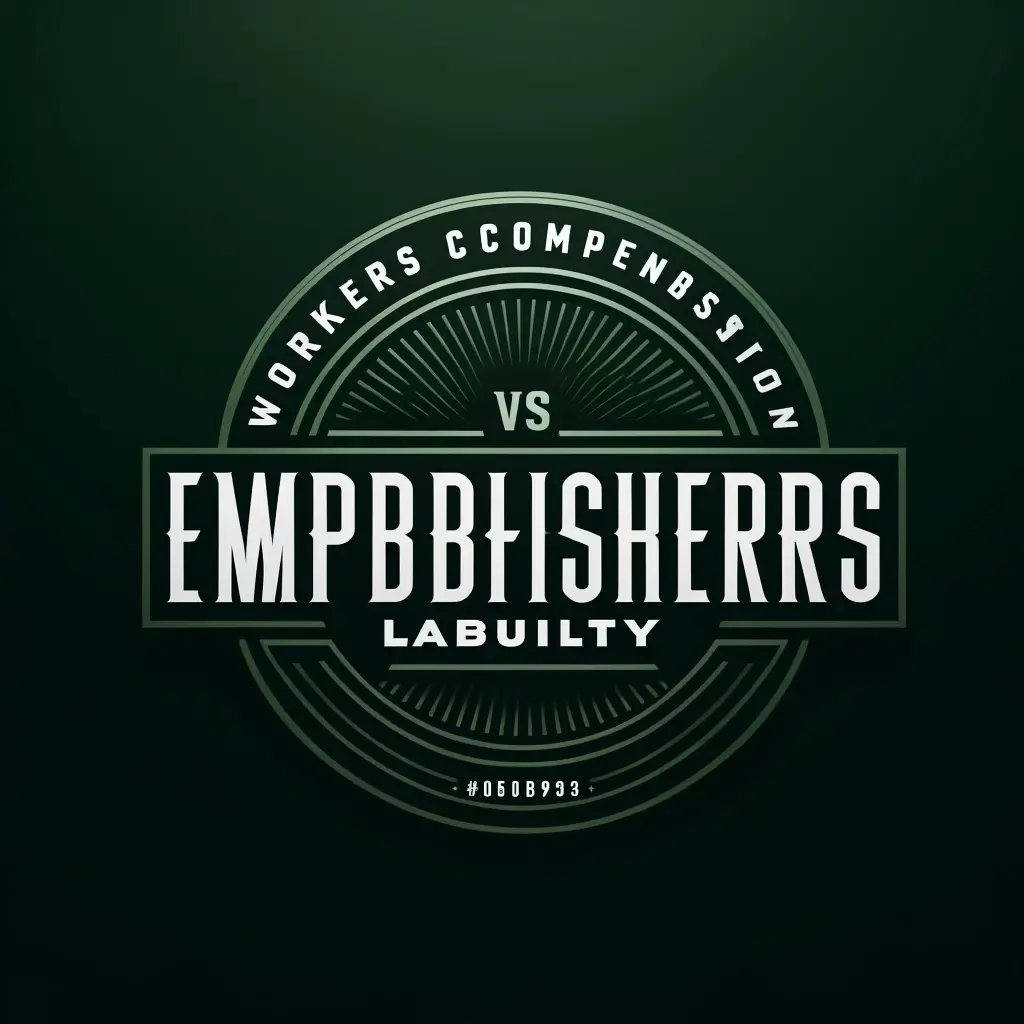At Carvo Insurance Group, we understand that navigating the complexities of business insurance can be daunting. Two critical components that often cause confusion are workers’ compensation and employer’s liability. These coverages are essential for protecting your business and your employees, yet they serve distinct purposes. In this question and answer style blog post, we clarify the differences between these two coverages and explain how you can secure them effortlessly with instant online quotes, instant online binding, and instant online insurance proposals.
What is workers’ compensation insurance?
Workers’ compensation insurance is a mandatory insurance program that provides medical care, rehabilitation, and salary replacement for employees who are injured or become ill due to their job. It is governed by state laws and is primarily designed to protect employees by offering benefits regardless of who is at fault for the injury.
What is employer’s liability insurance?
Employer’s liability insurance, often included as part of a workers’ compensation policy, protects the employer against lawsuits arising from workplace injuries or diseases. While workers’ compensation covers employee benefits without regard to fault, employer’s liability insurance covers the employer against claims that the employer’s negligence caused the employee’s injury or illness.
How do workers’ compensation and employer’s liability insurance complement each other?
Workers’ compensation and employer’s liability insurance are complementary coverages. Workers’ compensation provides direct benefits to employees, covering medical expenses and a portion of their wages if they are injured on the job. Employer’s liability, on the other hand, protects the business from further financial liabilities by covering legal fees, court costs, and settlements or judgments if an employee claims employer negligence.
Why is it important to have both coverages?
Having both coverages is crucial because it provides a comprehensive safety net for both the employer and the employees. Workers’ compensation ensures that employees receive the necessary support without the need to prove fault, promoting a quicker recovery and return to work. Employer’s liability adds an additional layer of protection by covering potential legal costs and damages that are not covered under the workers’ compensation claim.
How can Carvo Insurance Group help businesses with these coverages?
Carvo Insurance Group makes obtaining both workers’ compensation and employer’s liability insurance simple and efficient. With our instant online quotes, businesses can quickly understand their coverage options and costs. Our instant online binding feature then allows businesses to secure coverage immediately, ensuring no gaps in protection.
How do I get an instant online insurance proposal for these coverages?
To receive an instant online insurance proposal from Carvo Insurance Group, simply visit our website and enter some basic information about your business. Our system will quickly generate a tailored proposal that includes both workers’ compensation and employer’s liability, ensuring your business complies with state laws and is adequately protected against potential claims.
Call to Action
Ready to secure comprehensive protection for your business and employees? For an instant Workers Compensation Insurance Quote, click here. Get covered quickly and ensure your business is fully protected against the unexpected.
Understanding the difference between workers’ compensation and employer’s liability is vital for any business owner. With Carvo Insurance Group’s easy-to-use online services, securing the right coverage is straightforward and hassle-free, allowing you to focus on what matters most—running your business.


